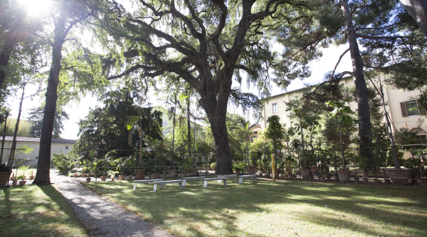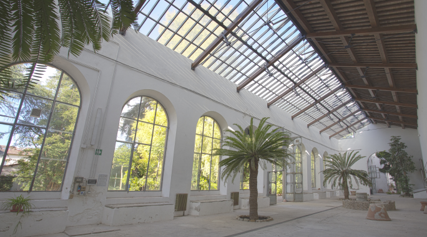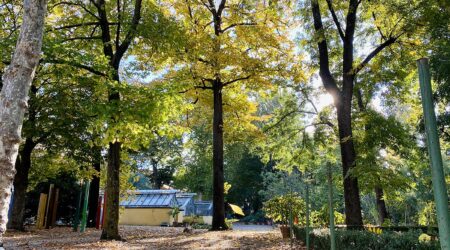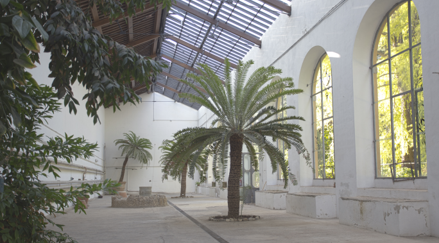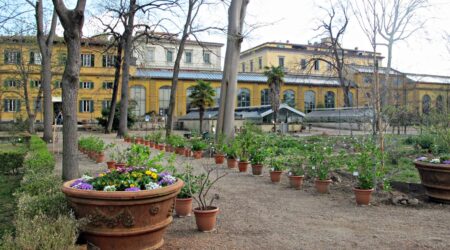Welcome Cocktail on September 7th
will be held at the Orto Botanico – Giardino dei Semplici
During the Welcome Cocktail the Choir and a duet of the orchestra of the University of Florence will greet Congress guests with music. The repertoire is available here.
Ph. Credits: Alice Ginavri
The Botanical Garden, called also “Giardino dei Semplici”, created by the Medicis as a garden for medicinal plants (the “Simples”) in 1545, are among the oldest Gardens in the world. Between the 16th and 17th centuries, it enjoyed a period of great splendour.
It covers an area of over two hectares, indoors and outdoors.
In its warm and cold greenhouses, built in the nineteenth century and the largest in Italy, are placed tropical and subtropical plants including the collections of Cicadae, of particular interest, Ficus, Palms, an ancient collection of citruses, succulent and aquatic plants, in addition to a rich collection of plants for traditional ethnobotanical uses.
Outdoors we find the vast collection of edible plants, the flowerbeds of medicinal and poisonous plants, the Zen garden and two acclimatization beds for exotic palms and Cicadae, hydrangeas in numerous varieties, the historical collection of azaleas, the pools with aquatic plants, among which there are species worthy of conservation, in addition to the lotus flowers and water lilies. Three display cases contain a small collection of carnivorous plants.
In the Garden, there are more than 200 trees, among which the magnificent 5 monumental trees, including the yew, planted in 1720 – the oldest specimen in the garden – and the cork oak of 1805.
The thematic itineraries are very interesting: the evolution between various species of vascular plants with numerous “living fossils”, the path on ancient and modern roses and the sensory, tactile and olfactory ones for the blind. Visitors can find their way in the garden thanks to the coloured totems that indicate the different paths and the panels that illustrate the main characteristics of the specimens and collections.



